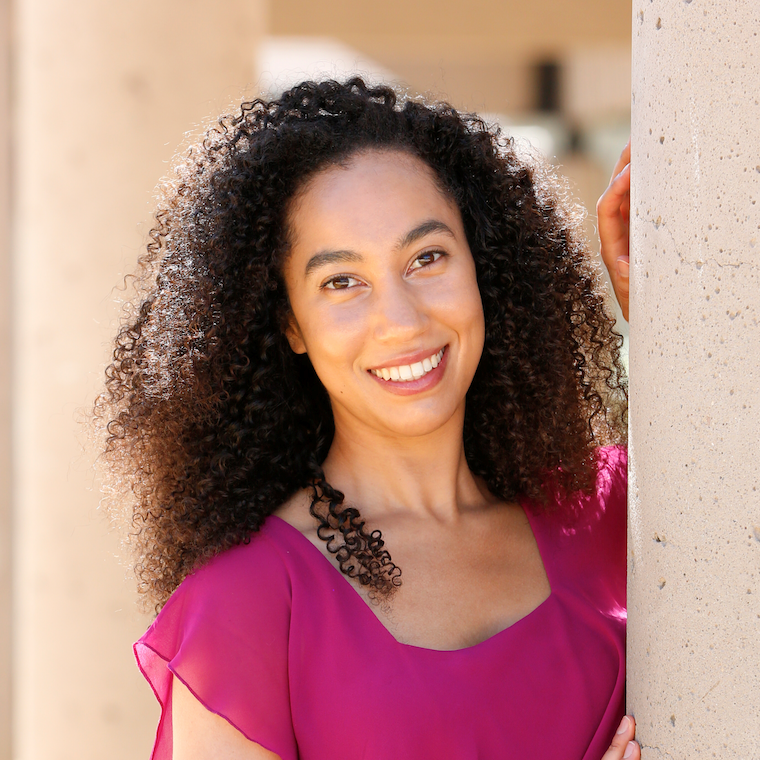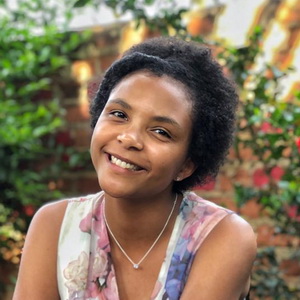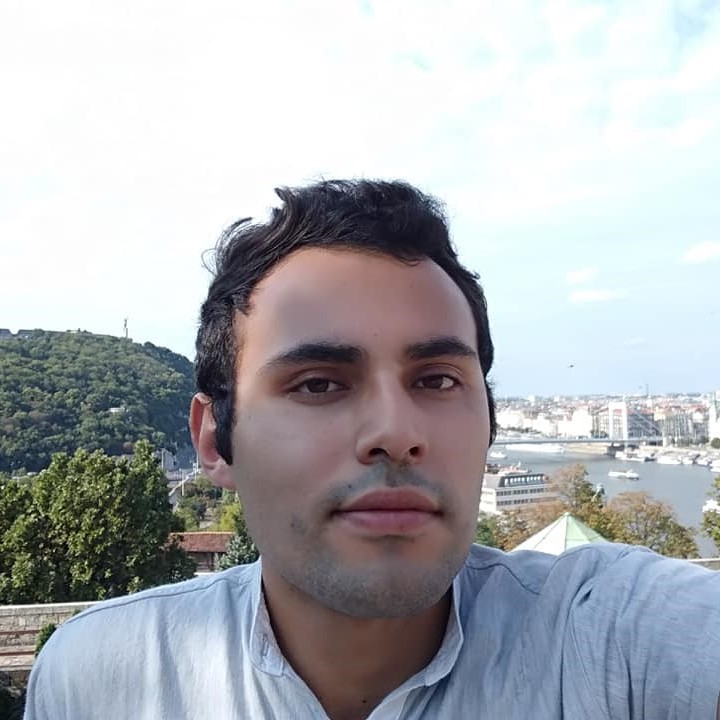Ask, not tell: how government should engage communities on climate change
Communities and local NGOs know better than the government about environment policies. Communities should lead the energy transition in Ukraine.
Ukraine, Eastern Europe
Story by Illia Yeremenko. Edited by Melaina Dyck
Published on January 23, 2021.
Reading time: 4 minutes
This story is also available in 







Listen to this story:
In 2019, Ukraine held two elections,[1] and the new government changed environmental policy in Ukraine. The Ministry of Energy and the Coal Industry and the Ministry of Environmental Protection were merged into one structure, named the “Ministry for Energy and Environmental Protection.” Then, the new minister of energy and environment came up with a “Green New Deal” for Ukraine.[2] While I welcome the intention, to make it a real new deal, based on my experience working with local authorities, I assert that this policy should undergo many more discussions with stakeholders on all levels, especially local authorities, before adoption.
In 2010, I started as a student volunteer at an environmental NGO. My first task was to study energy efficiency projects in Manevychi District, a small northern community in Ukraine. Talking to employees of the district administration, I noticed how motivated they were. They wanted to improve the comfort of citizens by making public facilities more efficient. While it may be true that not all civil servants are as motivated, all those I have met want to make the lives of their fellow citizens better. This is especially true in small communities, where civil servants represent the needs of their friends and neighbors. Therefore, I believe that local communities, not the federal government, should lead the “new green transformation.”
National authorities must learn this! In my job at the NGO, I see national policies from the perspectives of local officials. The government makes plans on a national level and does not consult with communities. The lack of consultations results in implementation issues on the ground. For example, the actual state subsidies for energy costs of low-income families are designed in a way that discourages energy efficiency. In order to be entitled to a subsidy, a household should consume a certain amount of gas per year. If a household consumes less, it loses the subsidy. Therefore, people have to burn more natural gas in order to receive the subsidy. I call it a perverse incentive.
One day, in a café, I discussed with colleagues how to narrow the gap between national and local level policies. That discussion resulted in the biggest event I ever organized: the “Climate ambitions of cities” forum, in 2019. We brought representatives from 50 local authorities, including mayors of seven cities. At the forum, 21 municipalities signed the forum’s declaration, which calls for more attention from the state level to local developments, particularly in the green energy and climate fields. This was the biggest and most impactful event ever organized by Ukrainian civil society in the field of energy.
Many participants expressed their support of the idea of better collaboration between local and national levels, and of the “new green transformation” in general.
I was very proud of what we achieved.
As civil society organizations, we find and support local authorities, who are ready to step into climate actions. If the government followed our lead, we would be in a new green economy in no time.
[1] Read about the elections: here and here.
[2] See the Cabinet of Ministers publication (only in Ukrainian). To learn more, download the concept.
How does this story make you feel?
Follow-up
Do you have any questions after reading this story? Do you want to follow-up on what you've just read? Get in touch with our team to learn more! Send an email to [email protected].
Talk about this Story
Please enable cookies to view the comments powered by Disqus.
Subscribe to our Monthly Newsletter
Stay up to date with new stories on Correspondents of the World by subscribing to our monthly newsletter:
Tags
Topic: Environment
> United States
Fire, Flood and Fury: Voting for the Climate
A story by Melaina Dyck
5 min
I am in the first generation to grow up in the climate crisis. My environmentalist journey began with fire. Read more...
> United States
California’s Other Pandemic
A story by Elspeth Mathau
5 min
We had wildfire evacuation warnings when I was a child, but the threat is now so severe that we packed bags with whichever mementos and essential items we could fit in our car, to prepare to flee if conditions worsened. Read more...
> Uganda
Air Pollution in Kampala, Uganda
A story by Anna Adima
4 min
If no concrete action is taken soon, the capital of the Pearl of Africa will become almost inhabitable in a few decades from now. Read more...
Explore other Topics
Get involved
At Correspondents of the World, we want to contribute to a better understanding of one another in a world that seems to get smaller by the day - but somehow neglects to bring people closer together as well. We think that one of the most frequent reasons for misunderstanding and unnecessarily heated debates is that we don't really understand how each of us is affected differently by global issues.
Our aim is to change that with every personal story we share.
Community Worldwide
Correspondents of the World is not just this website, but also a great community of people from all over the world. While face-to-face meetings are difficult at the moment, our Facebook Community Group is THE place to be to meet other people invested in Correspondents of the World. We are currently running a series of online-tea talks to get to know each other better.






















